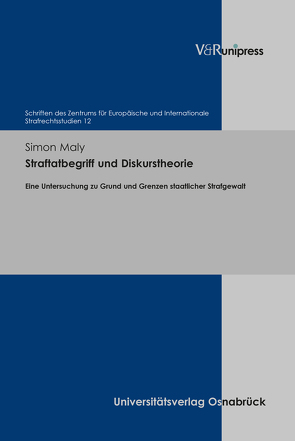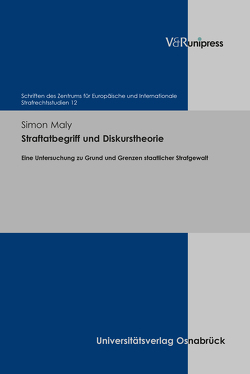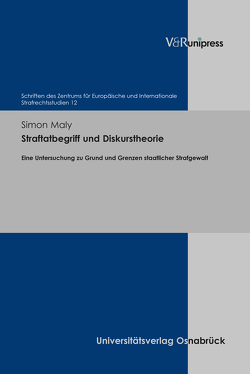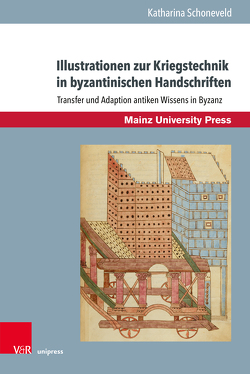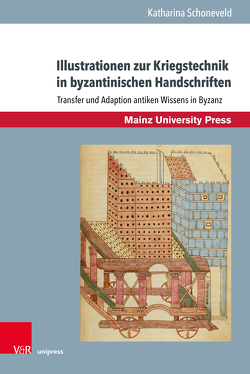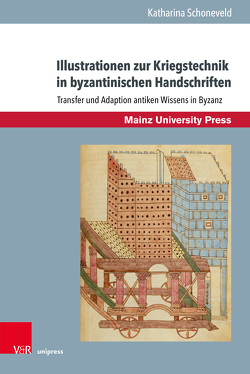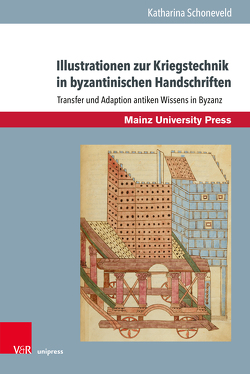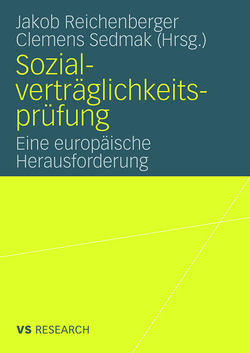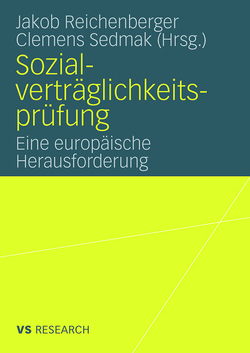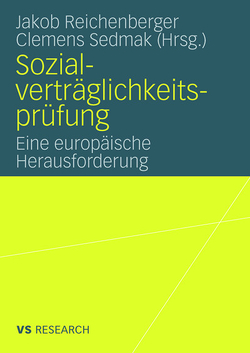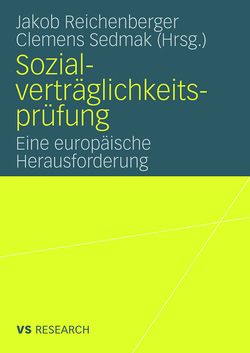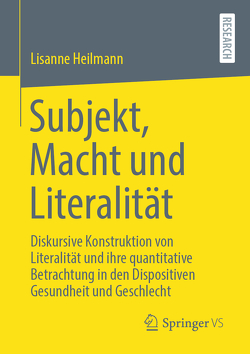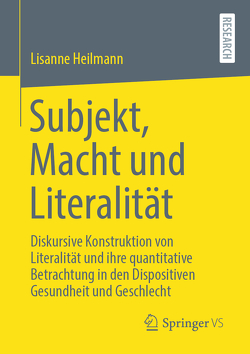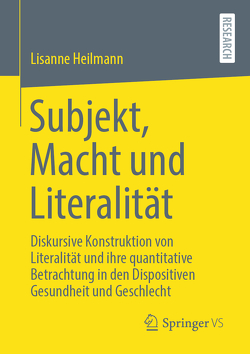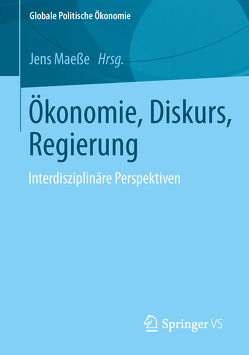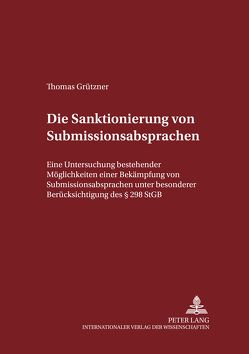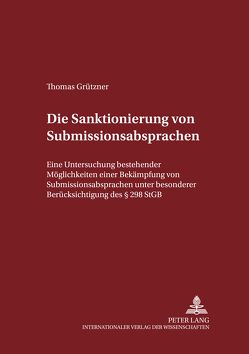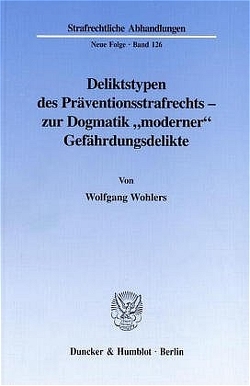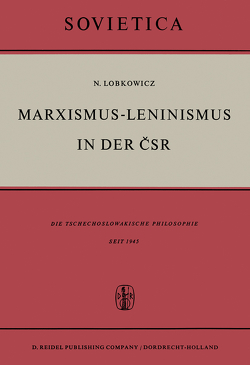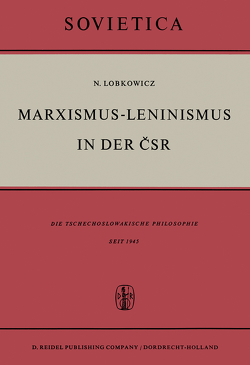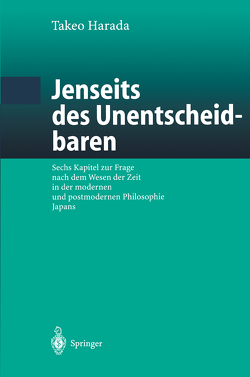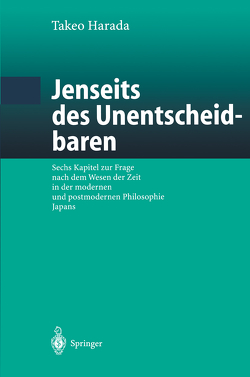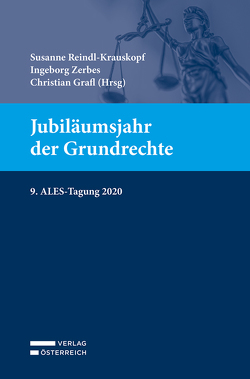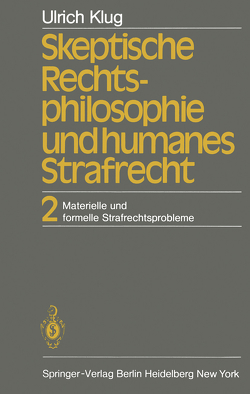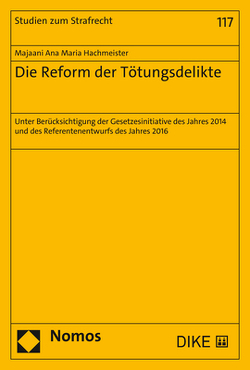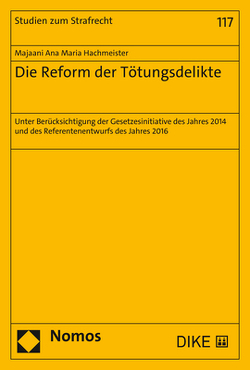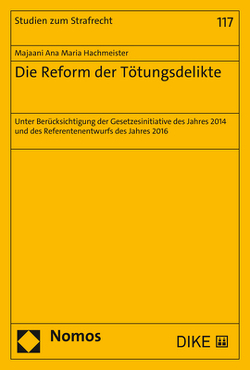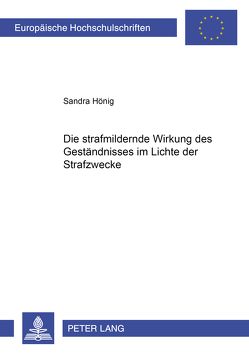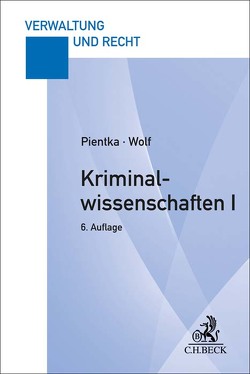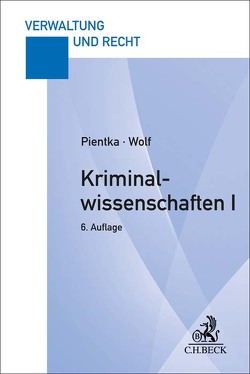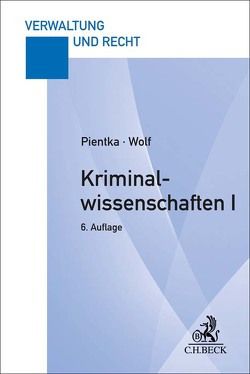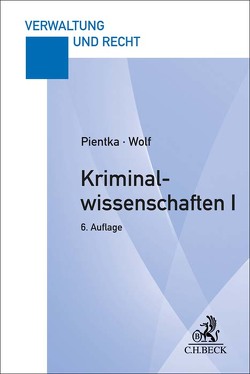Straftatbegriff und Diskurstheorie
Eine Untersuchung zu Grund und Grenzen staatlicher Strafgewalt
Simon Maly
Die bereits seit der Aufklärung geführte Diskussion über einen materiellen, vorrechtlichen Straftatbegriff führt zwangsläufig zu der rechtsphilosophischen Debatte um den Geltungsursprung des Rechts. In der Auseinandersetzung mit den historischen Ursprüngen der Lehre vom strafrechtlichen Rechtsgüterschutz und den gegenwärtig vertretenen Strafrechtslegitimationskonzepten stellt Simon Maly die These auf, dass eine kohärente Antwort auf die Frage, woraus der Staat sein Recht zu strafen bezieht und welchen Grenzen er dabei unterliegt, bisher nicht gelungen ist. Der Autor begründet das Strafrecht aus diesem Grund diskurstheoretisch und gelangt zu dem Ergebnis, dass die Diskurstheorie des Rechts viele der bisherigen Begründungsprobleme lösen kann, indem sie einen Reflexionsschritt hinter die bislang entwickelten Konzepte der Strafrechtsbegründung geht und den der Geltungsfrage vorausgehenden Ursprung des Rechts in den innerhalb einer Gesellschaft stattfindenden kommunikativen Verständigungsprozessen sucht.
The discussion about a substantive, pre-legal concept of criminal law, which has been going on since the Enlightenment, inevitably leads to the philosophical debate about the origin of law. In dealing with the historical and current ideas of the legitimation of criminal law, the author puts forward the thesis that a coherent answer to the question of where a society derives its ius puniendi and what limits it is subject to has not yet been found. For this reason, the author examines criminal law in discourse theory and comes to the conclusion that a discourse theory of law can solve many of the previous problems by taking a step behind the concepts developed so far and finding the origin of criminal law in the communicative processes within a society. The analysis finally leads to the result that the essential element of criminal law can be found in a modern criminal theory based on the idea of communicative rationality: In a democratic society, criminal law serves to protect an objective freedom that is understood not only individually but also communicatively.
